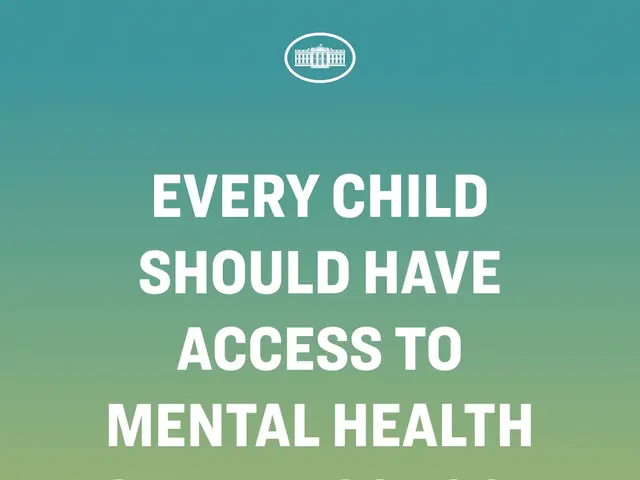Let's Talk About Working From Home While Sick
Majority of Employees Continue Job Duties While Ill at Home (Approximately 66%)
Germany's Dekra testing organization recently reported that over two-thirds of employees working from home have done so even when ill or on sick leave. The new occupational safety report shows that 50% of respondents admitted to doing so occasionally, while 18% admitted to doing so frequently.
With 24% working for their companies on selected days from home and 15% working predominantly or exclusively remotely, remote work is becoming increasingly common. The survey, conducted by Dekra and polling institute Forsa, involved around 1,500 employees aged 18 to 65 across Germany.
Perks and Pitfalls of Remote Work
The perks of remote work are undeniable. 89% of respondents appreciate the opportunity to save their commute, and flexible time management (68%) is also seen as an advantage by many. Over half (56%) say they can concentrate better at home. However, every fifth respondent works at atypical times such as evenings or weekends, and extended working hours are reported. An astounding 21% complain about stress from noise, family, or living situation, while the same number complain about physical discomfort from poorly equipped workstations.
Health and Wellness Concerns
Working from home while sick can have significant health and wellness implications for employees. Here are some important factors to consider:
- Continued Exposure to Stressors: Prolonged exposure to stressors can exacerbate mental health issues like burnout or anxiety, hindering recovery and overall well-being.
- Blurred Boundaries: The lack of physical separation between work and personal life can blur boundaries, making it difficult to disconnect from work-related tasks, which can negatively impact rest and recovery.
- Inadequate Rest: Without a clear distinction between work and home life, employees might find it challenging to rest adequately, which is crucial for recovery during illness.
- Impact on Sick Leave Policies: In Germany, employees are entitled to full salary for the first six weeks of sick leave. However, if employees continue working from home, it may complicate the process of obtaining a sick note, as employers might expect productivity despite illness.
- Self-Care and Mental Health: Working from home while sick can lead to neglect of self-care practices such as exercise, healthy eating, and social interaction, which are important for both physical and mental health.
- Social Isolation: Prolonged periods of working from home can lead to social isolation, which may negatively affect mental health and overall well-being.
To address these concerns, employees should set clear boundaries, prioritize rest, consult a doctor to obtain a sick note if necessary, maintain social connections, and ensure adequate self-care.
Embracing flexibility in the workplace is essential, but prioritizing health and well-being is crucial. Maintaining a healthy work-life balance is vital for employees' overall well-being.
- Engaging in work while sick at home can have detrimental effects on an employee's mental health, as continued exposure to work-related stressors may exacerbate issues like burnout or anxiety.
- The blurred boundaries between work and personal life during remote work can lead to neglect of self-care practices, such as exercise, healthy eating, and social interaction, which are crucial for maintaining both physical and mental health.







